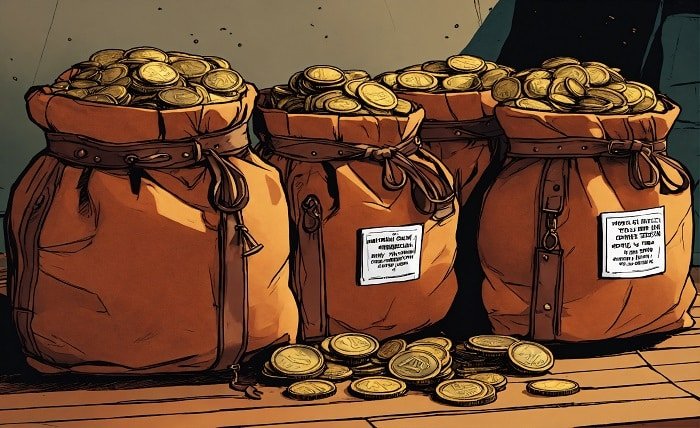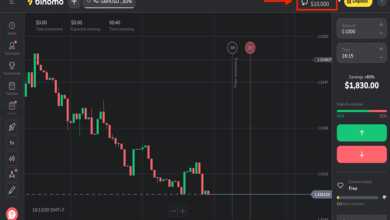
Trade dollars represent a crucial aspect of global commerce, serving as a medium of exchange in international trade. Understanding their significance requires delving into their history, usage, and impact on economies worldwide. From their inception to modern-day applications, trade dollars continue to influence economic transactions across borders.
The Origins of Trade Dollars: Tracing Their Roots
Trade dollars emerged in the mid-19th century as a response to the growing demand for a standardized currency unit in international trade. Originating in colonial territories, these coins facilitated commerce between nations, fostering economic growth and cross-cultural exchanges.
The Evolution of Trade Dollar Designs: A Visual Journey
Over the years, trade dollar designs have evolved, reflecting the cultural and political landscapes of the issuing countries. From intricate engravings to symbolic imagery, these coins embody the artistic and historical narratives of their respective eras.
Significance in International Trade: Bridging Economies
Trade dollars played a pivotal role in facilitating cross-border transactions, bridging the gap between disparate economies. Their universal acceptance and intrinsic value made them indispensable assets in global commerce, fostering economic integration and diplomatic relations.
Challenges and Controversies: Navigating Obstacles
Despite their utility, trade dollars have faced challenges and controversies throughout history. From counterfeiting concerns to political disputes, these issues have occasionally disrupted their role in international trade, highlighting the complexities of global monetary systems.
Contemporary Applications: Trade Dollars in the Modern Era
In today’s interconnected world, trade dollars continue to hold relevance in global trade, albeit in evolved forms. Digital currencies and alternative payment methods have expanded the concept of trade dollars, reshaping how businesses conduct cross-border transactions.
Investment Potential: Unlocking Value
For investors, trade dollars present unique opportunities for diversification and hedging against currency fluctuations. Their historical significance and numismatic value make them coveted assets among collectors and enthusiasts, driving demand in niche markets.
Cultural Significance: Beyond Monetary Value
Beyond their monetary worth, trade dollars hold cultural significance, symbolizing historical ties and shared experiences among nations. They serve as tangible artifacts of human interaction and exchange, preserving narratives that transcend borders and generations.
Legal Frameworks and Regulations: Ensuring Compliance
As with any form of currency, trade dollars operate within legal frameworks and regulations imposed by issuing authorities and international bodies. Compliance with these standards is essential for maintaining trust and stability in global financial systems.
Future Trends: Anticipating Shifts
The future of trade dollars lies in innovation and adaptation to evolving economic landscapes. Emerging technologies, geopolitical shifts, and changing consumer behaviors will shape their trajectory, presenting both challenges and opportunities for stakeholders.
Education and Awareness: Empowering Participation
Promoting education and awareness about trade dollars is crucial for fostering informed participation in global commerce. By understanding their history, significance, and contemporary relevance, individuals and businesses can harness the potential of these currency units to navigate the complexities of international trade.
Conclusion:
Trade dollars represent more than just monetary units; they embody centuries of economic exchange, cultural integration, and diplomatic relations. As we navigate the intricacies of global trade, acknowledging the significance of trade dollars can enrich our understanding of the interconnectedness of economies and the enduring impact of commerce on society.
FAQ:
- What are trade dollars? Trade dollars are a type of currency used primarily in international trade, facilitating transactions between different countries.
- How do trade dollars differ from regular currency? Trade dollars are specifically designed for use in cross-border transactions and often have distinct designs and denominations compared to regular currency.
- Are trade dollars still used today? While their usage has declined with the rise of digital currencies and other forms of payment, trade dollars still hold value for collectors and investors in numismatics.
- Can anyone use trade dollars? Trade dollars are typically used by businesses and individuals involved in international trade, although their usage may be subject to legal regulations depending on the jurisdiction.
- How can I acquire trade dollars? Trade dollars can be acquired through various means, including purchasing from numismatic dealers, participating in auctions, or trading with other collectors.





